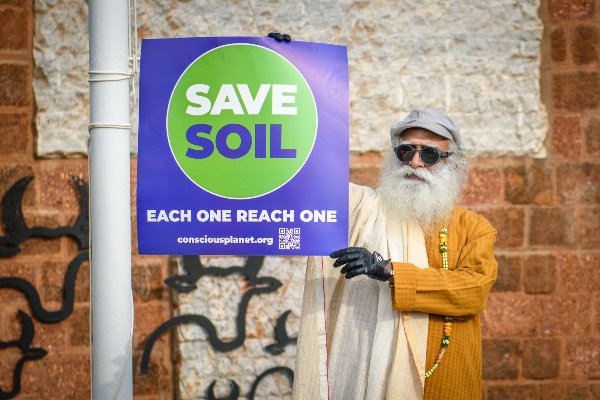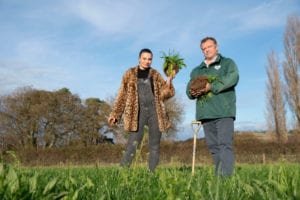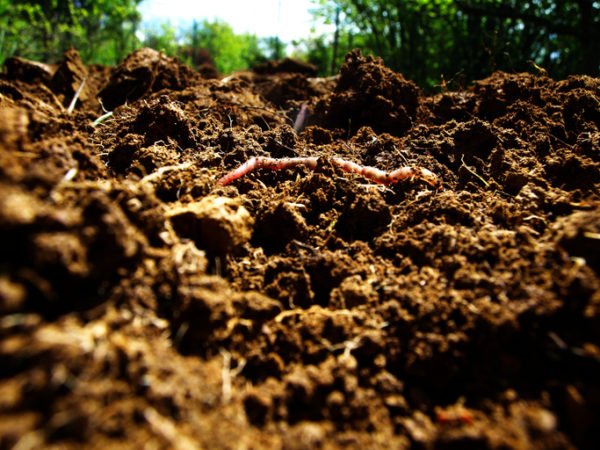This article first appeared in our COP28 issue of My Green Pod Magazine, published 30 November 2023. Click here to subscribe to our digital edition and get each issue delivered straight to your inbox
Over the course of two weeks at COP28, the Save Soil movement will be hosting a series of panel discussions and fireside chats at its pavilion in the Blue Zone.
Featuring global experts on soil conservation, these discussions will focus on the vital importance of healthy and living soils when it comes to climate mitigation, and explore soil’s ability to ensure food security, improve biodiversity and abate pollution of various types.
Soil is the solution
Soil is dying; around the world, 52% of agricultural soil is already degraded. The United Nations Food and Agriculture Organisation says we may have only 60 years of agricultural soil left if current rates of degradation continue.
As soil degrades a global food crisis would become inevitable, and soil’s potential to sequester carbon dioxide would be lost. At the same time a colossal amount of stored carbon would be released into the atmosphere.
Save Soil is a global response to this crisis, and carries the message that healthy and living soils are not merely a victim of climate change, but can be a profound solution. The goal is to help governments to establish long-term policies for soil health.
With inputs from eminent soil scientists, Save Soil has created seven soil policy handbooks and catalogued sustainable soil management solutions for all 193 nations, which serve as the basis for policy options for their respective regions (based on their soil type, latitude, climatic zones and other factors).
Demand for strong soil policy
This is, first and foremost, a people’s movement, founded by Sadhguru and supported by the UNFAO, UNCCD, UNEP, IUCN and World Food Programme, among others.
In March 2022, at the age of 65, Sadhguru launched the movement with a 100-day motorcycle journey across 27 countries from London to southern India. The journey became a global media story, and Save Soil has reached over 4 billion people to date.
 Play Video about This Rock Might Just Save The World
Play Video about This Rock Might Just Save The World Play Video about Play 2 hours of rock
Play Video about Play 2 hours of rock Play Video about Play 2 hours of brook
Play Video about Play 2 hours of brook Play Video about Play 2 hours of sheep
Play Video about Play 2 hours of sheep















































